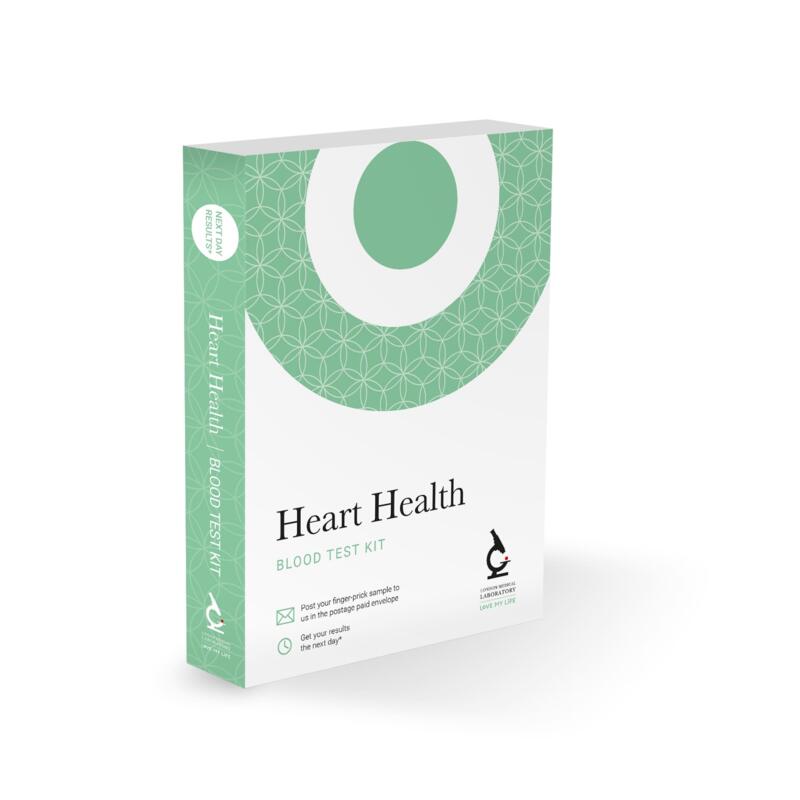



Heart Health Profile
Analyse some of the most important risks to your heart health.
High Cholesterol, diabetes and generalised inflammation all dramatically increase the risks of future heart attacks.
Includes a full cholesterol profile, HbA1c and CRP level.
Suitable for a finger-prick home sample as well as a phlebotomy sample




















